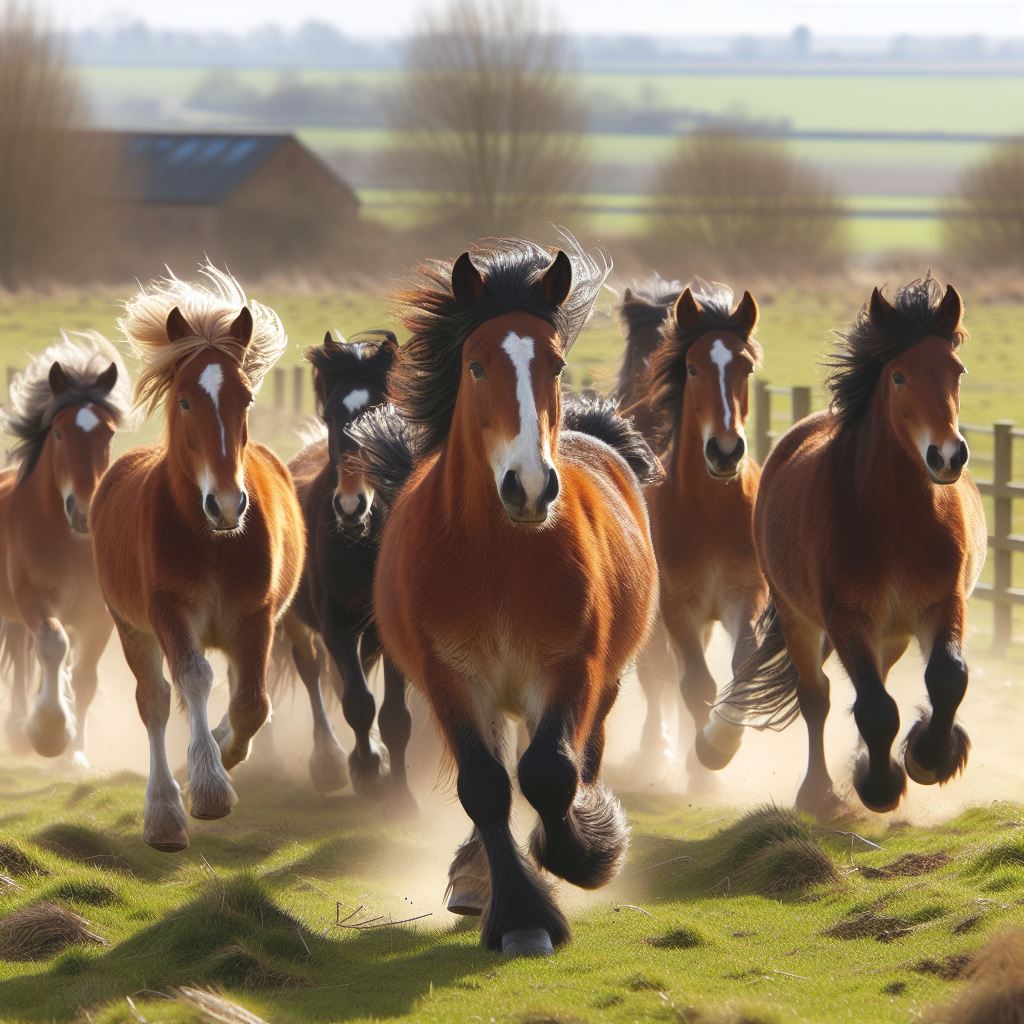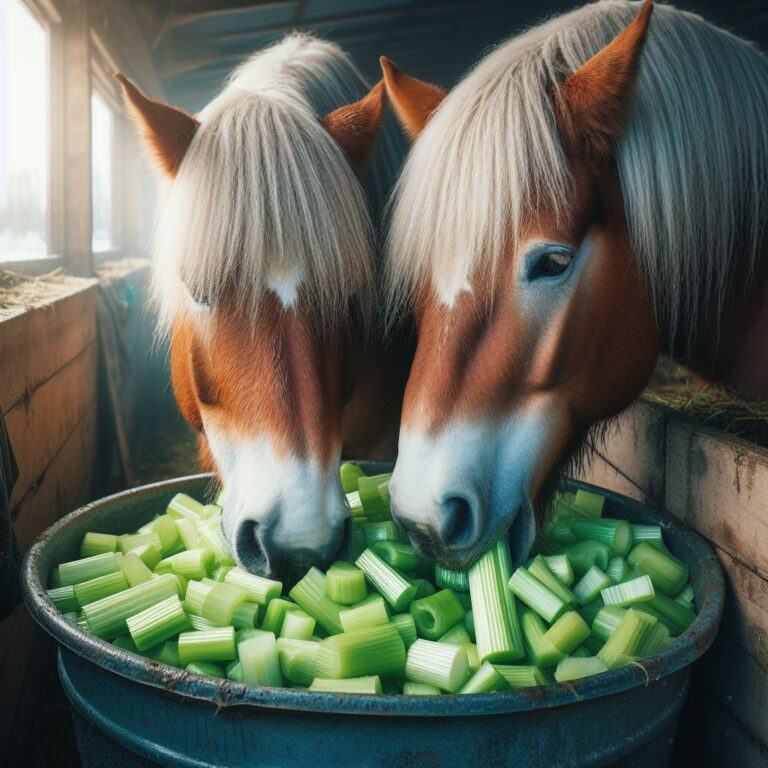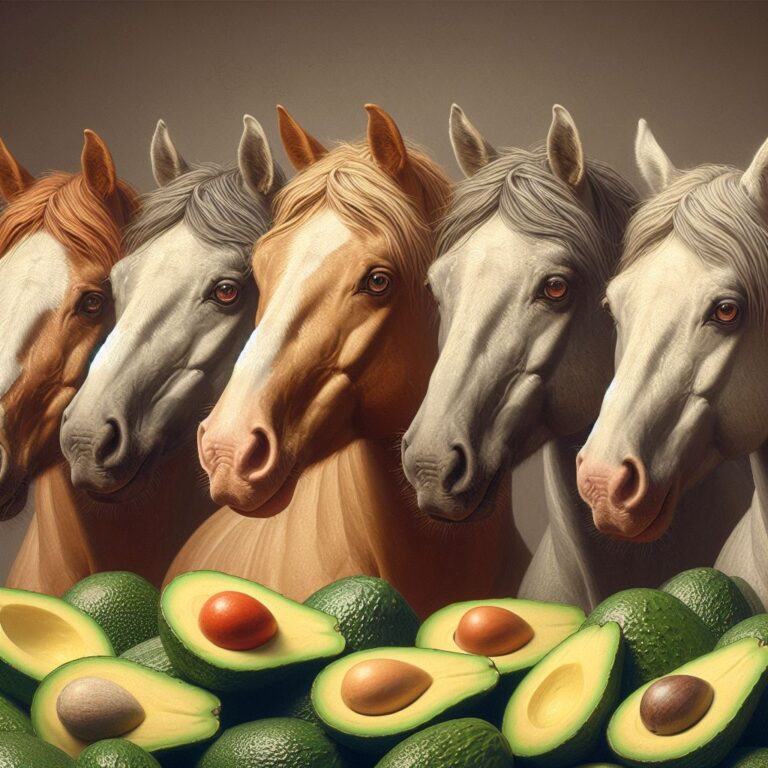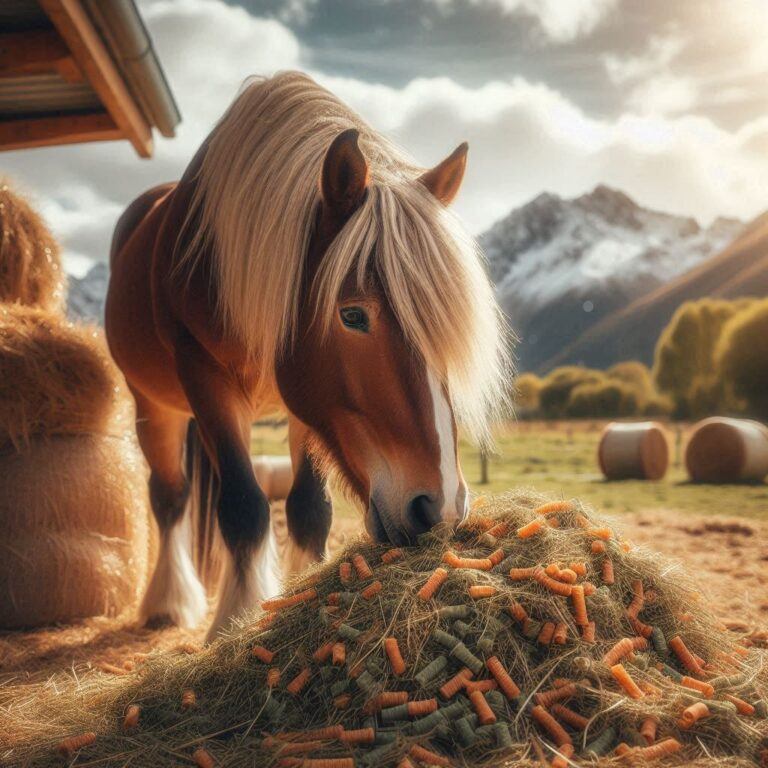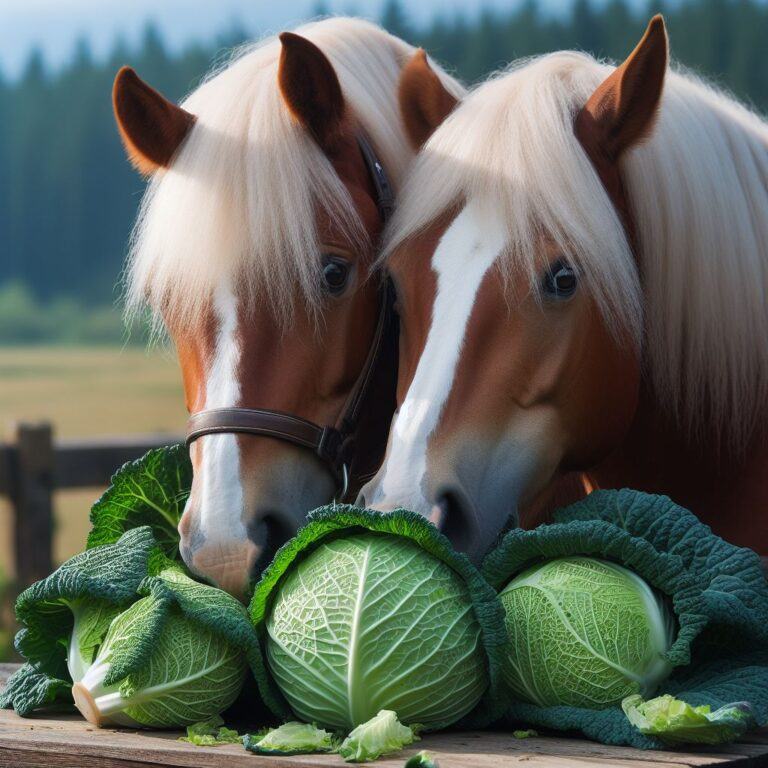Can Horses Safely Eat Egg Shells
Horses CAN safely eat eggshells, but it’s crucial to serve them in moderation. Eggshells are a good calcium source, which can support a horse’s bone health. They must be prepared properly to avoid possible contaminants that can harm your horse.
Eggshells contain about 40% calcium, an essential mineral for horses, particularly for lactating mares and growing foals.
This bioavailable calcium helps in maintaining strong bones and a robust skeletal structure. An adult horse requires 20 to 50 grams of calcium daily, and eggshells can help meet this requirement.
Moderation is key when offering eggshells. They should be a complement to a well-rounded diet, not a primary source of nutrients.
Overfeeding calcium can lead to imbalances that might interfere with the absorption of other important minerals.
Horse nutritionists and veterinarians emphasize the importance of a balanced diet for our beloved horses.
Eggshells when used correctly, can contribute positively to this balance. However, their use should always be considered within the context of the horse’s entire dietary needs.
As we transition into considering how to safely incorporate eggshells into your horse’s diet, remember that safety and preparation go hand in hand. Proper cleaning and preparation methods are necessary to minimize health risks.
Preparing Egg Shells or Horses
When it comes to giving eggshells to horses, proper preparation is KEY. Eggshells must be CLEAN and free from bacteria to avoid health issues.
Now, I don’t just rinse them under water and call it a day. I recommend that you boil the shells to eliminate any pathogens, then crush them into fine particles to ensure ease of digestion for your horse.
Some owners might wonder about the risks of feeding raw eggshells. It’s crucial to understand that eggshells, when not properly prepared, could harbor Salmonella and other bacteria harmful to horses, us and all of our other pets.
It’s not common, but why take the chance? Always, and I mean always, opt for fully sanitized shells.
Mixing these crushed eggshells into your horse’s regular feed is an efficient way to introduce this calcium-rich supplement.
I advise starting with a small amount and observing your horse’s reaction over time. An abrupt change in a horse’s diet can be unsettling for their digestive system.
Caution and gradual changes are the rules to live by in equine nutrition.
And if you’re looking for alternatives, you can explore other calcium sources such as commercially available equine mineral mixes.
These often come with the benefit of being specifically formulated for a horse’s nutritional needs, and you bypass the preparation stage altogether.
Understanding Your Horse’s Dietary Needs
It’s crucial to see feeding horses as more than just fulfilling an immediate nutritional need. Eggshells might be a resourceful way to add calcium to the diet, but this should be part of a wider conversation about what our horses requires for optimal health.
Every horse is an individual, and their dietary needs can vary based on age, weight, workload, and health status.
While eggshells can play a role in supplementing calcium, it’s important to recognize the signs that your horse might be lacking in this mineral.
Weak hooves, poor coat quality, and muscle issues can all point to a deficiency. If you notice such changes, it’s best not to self-diagnose, instead I would always recommend getting a professional opinion as the safest course of action.
Remember, the foundation of good equine health is a balanced diet that’s rich in variety and suited to the specific needs of our horses.
Fresh hay, grass, grains, and specialized commercial feeds all form the mosaic of a robust equine diet. Eggshells can be a part of this, but they are not a stand-alone solution.
If you’re considering eggshells as a supplement, it’s a practice that, when done carefully, can be safe.
However, always consult with your veterinarian or a qualified horse nutritionist to tailor your horse’s diet to its unique needs.
They can help you understand the complexities of equine nutrition and guide you towards making the best dietary choices for your horse’s long-term well-being.

